Auditing an AI-based cybersecurity application
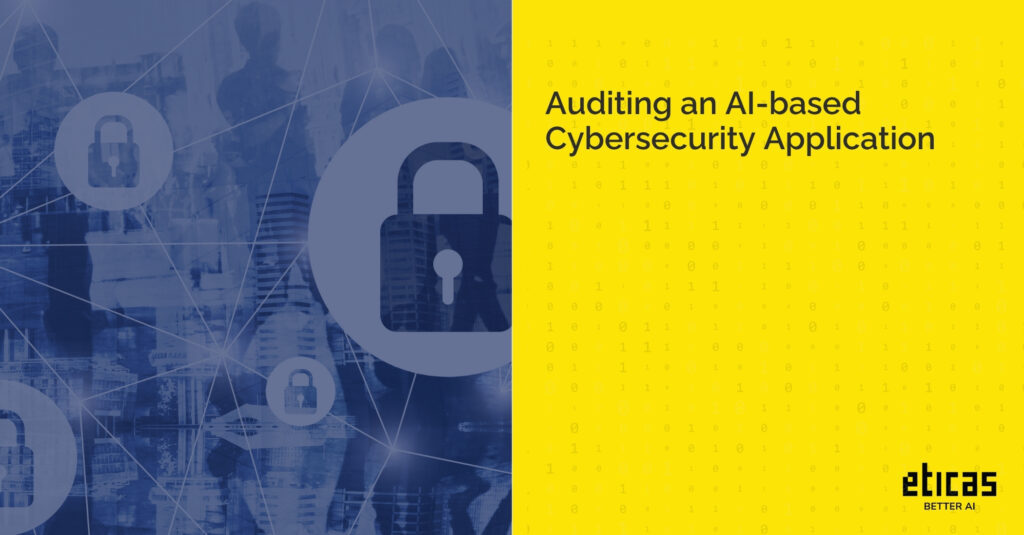
Auditing an AI-based Cybersecurity Application An independent audit turned a research prototype into a compliant, production-ready AI system to protect individuals and organizations from phishing attacks Cybersecurity • EU • 2025 Situation Eticas was commissioned to evaluate an AI-based cybersecurity application developed to reduce human vulnerability to phishing. The application combines behavioral analytics, psychometric […]
Allegheny County: Audit for equitable homelessness risk decisions
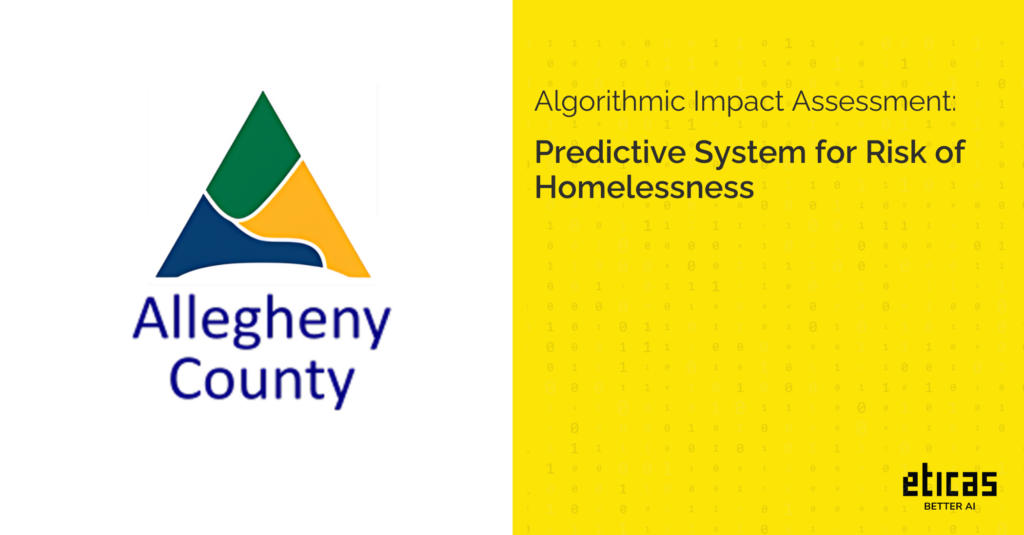
Audit for equitable homelessness risk decisions How we evaluated the accuracy and fairness of Allegheny County’s homelessness risk prediction system to help strengthen monitoring and staff training. Credibility chips: Public sector • USA • AIA The challenge The Allegheny Housing Assessment (AHA) tool is used to prioritise support for residents at risk of homelessness. […]
Audit for an emotional-AI companion
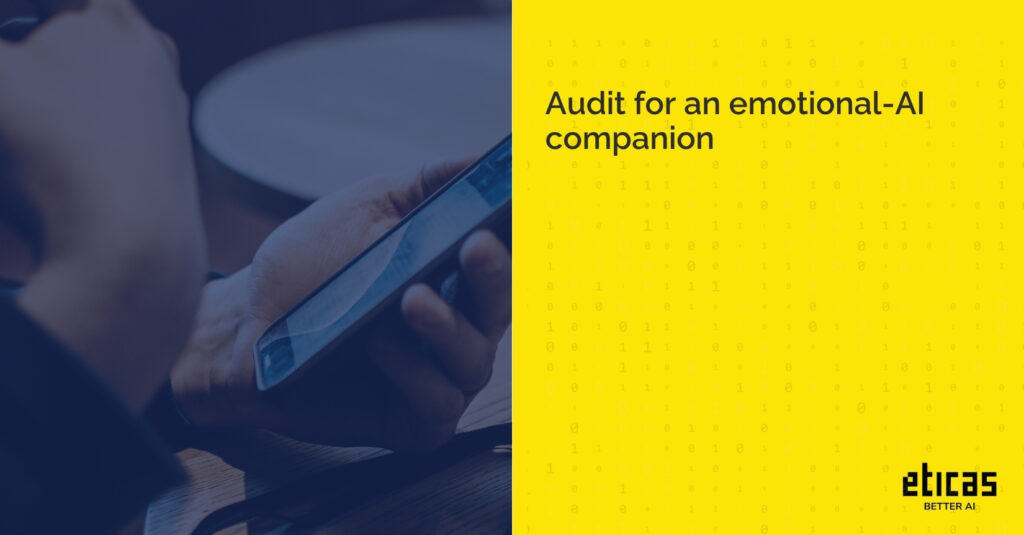
Audit for an emotional-AI companion We tested safety, fairness, and behavior to help the client’s system support people more reliably. Emotional-AI companions • LATAM/Global • 2025 The Challenge Emotional-AI interacts with people at vulnerable moments. Getting a fact wrong is one thing; missing a cry for help is another. Key risks addressed included: Subtle […]
Putting responsible AI at the heart of two groundbreaking digital health applications
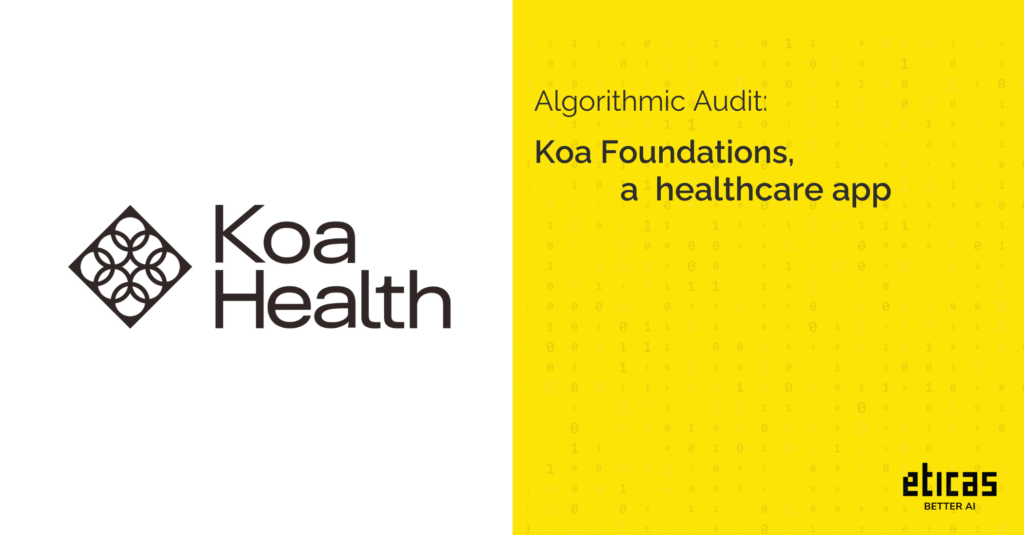
Putting responsible AI at the heart of two groundbreaking digital health applications We assessed fairness, privacy, and usability to strengthen Koa Health’s mental health and wellbeing products. Digital health • EU/US • 2021 audit Koa Health is a clinician-founded global digital mental health company delivering evidence-based therapeutic solutions and scalable wellbeing support. The audit […]
Detecting and Preventing Bias in AI Hiring Systems: Research Project Presents New Tools
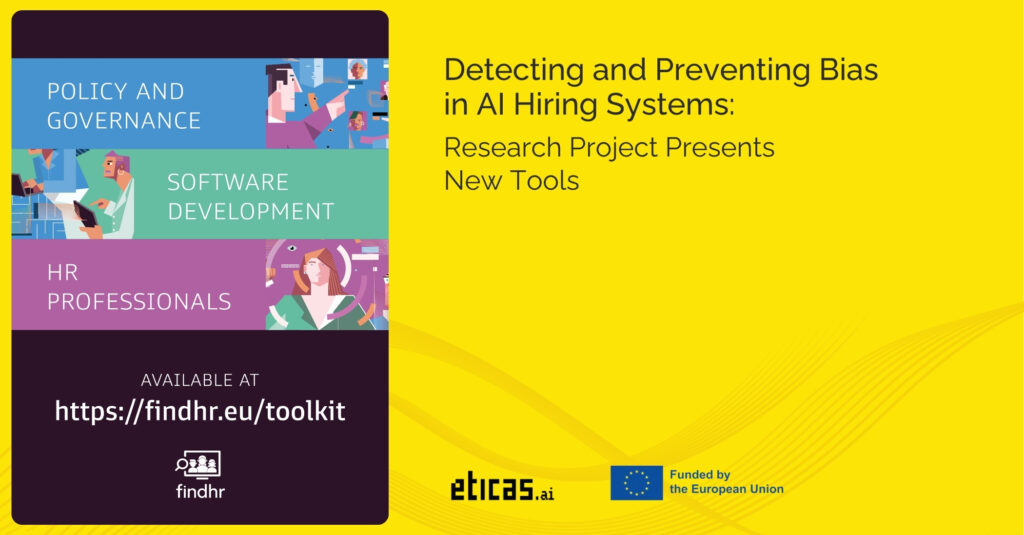
Detecting and Preventing Bias in AI Hiring Systems: Research Project Presents New Tools FINDHR – Fairness and Intersectional Non-Discrimination in Human Recommendation HORIZON EUROPE project coordinated in UPF and that we’re partners of, is releasing new tools, approaches, and concrete recommendations aimed at tackling discrimination in recruitment caused by AI hiring systems. An increasing […]
Bias Monitoring: Keep AI Solutions Aligned to Original Intent
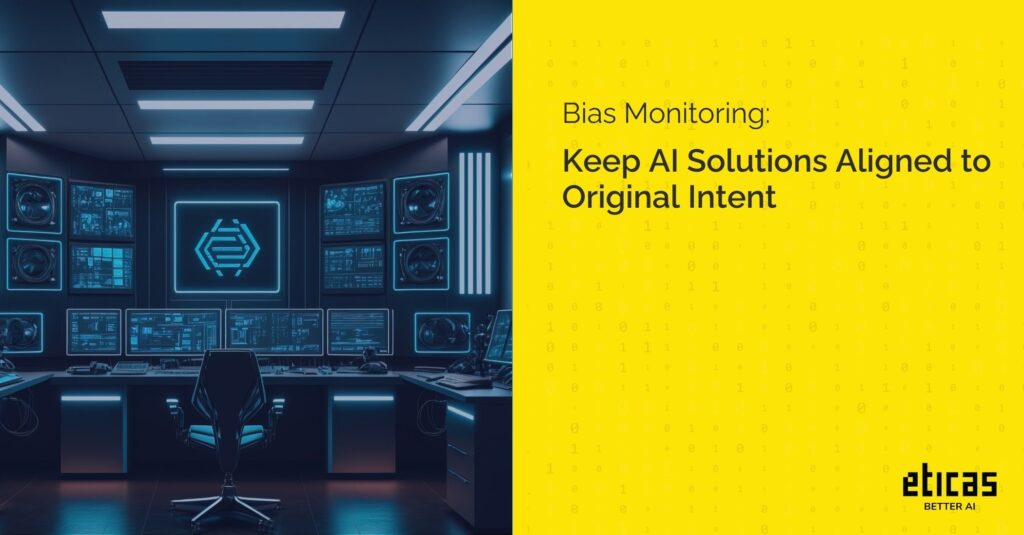
Bias Monitoring: Keep AI Solutions Aligned to Original Intent Minimizing bias is one of AI’s most challenging technical problems. Failure to reduce bias has legal and ethical implications and impacts AI performance. Bias monitoring is recognized as a critical component to reliable and effective AI- but not all bias monitoring is equal. As AI models […]
Eticas Joins ACHILLES: Advancing Efficient, Transparent, and Secure AI
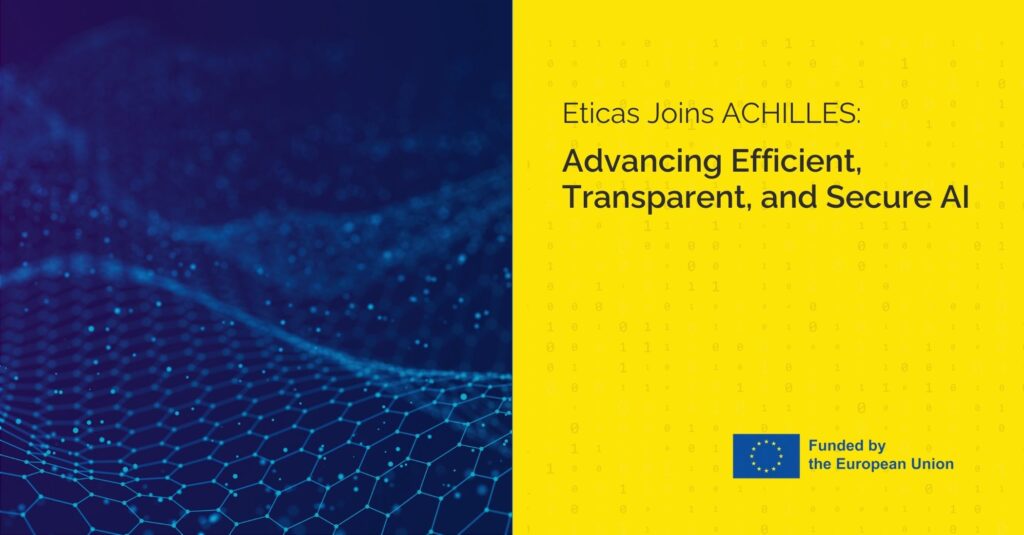
Eticas Joins ACHILLES: Advancing Efficient, Transparent, and Secure AI In today’s rapidly evolving technological landscape, the demand for Artificial Intelligence (AI) systems that are not only powerful but also trustworthy has never been greater. Eticas is excited to announce our partnership in the ACHILLES project, a European initiative dedicated to developing AI that is efficient, […]
Eticas Joins DataPACT: Pioneering Ethical, Sustainable, and Compliant AI Solutions
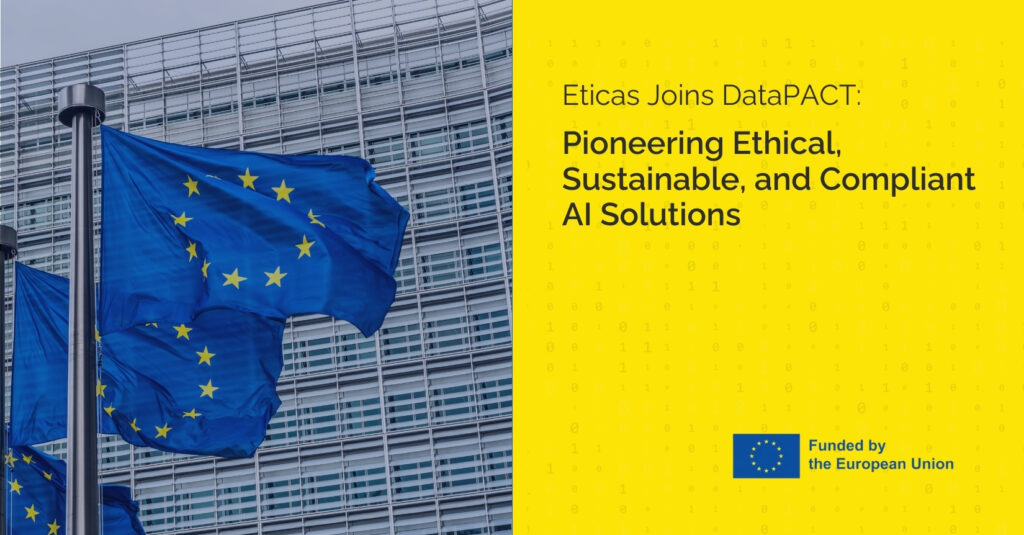
Eticas Joins DataPACT: Pioneering Ethical, Sustainable, and Compliant AI Solutions How do we protect privacy, address ethical concerns, and minimize environmental impact? These are big questions—and that’s exactly why Eticas is proud to be part of DataPACT, a European initiative that’s changing the game by putting ethics, compliance, and sustainability at the heart of AI […]
What We Learned While Automating Bias Detection in AI Hiring Systems for Compliance with NYC Local Law 144
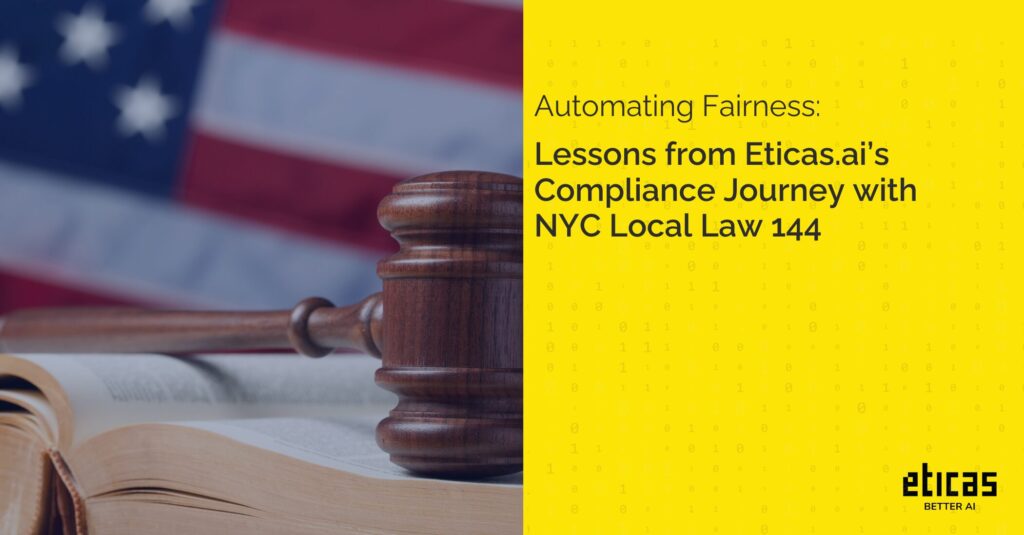
What We Learned While Automating Bias Detection in AI Hiring Systems for Compliance with NYC Local Law 144 By Gemma Galdon-Clavell and Rubén González Sendino As AI continues to shape critical decisions in hiring and beyond, ensuring these systems are fair and unbiased is more crucial than ever. At Eticas.ai, we are committed to this […]
Lessons from AI Risk Assessments for Ethical Product Design: Steps for a Responsible Innovation

Imagine you are buying a car. You would want to know it is safe, right? We should have similar standards of trust for AI. AI can detect diseases, impact whether we get a loan or predict when farmers should plant seeds. It has tangible impact on people and the environment. Thoroughly conducted AI risk assessments […]
